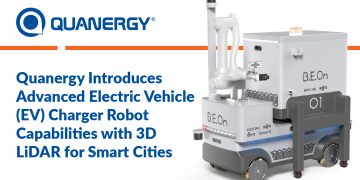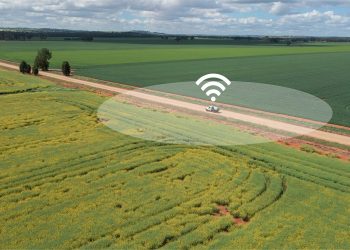Businesses looking to stay ahead of the game would do well to integrate properly into the IoT ecosystem. And while that sounds daunting for someone who’s not too familiar with this game-changing wave, it’s actually fairly easily understandable. One crucial component that businesses need to have when integrating into the IoT is an IoT platform, whose rapidly-growing market is foreseen to go beyond $22 billion as early as 2023.
All the necessary components for an IoT system to operate -hardware, connectivity, software, user interface- are reliant on IoT platforms since it gives a quick head start in building the system from the ground-up. IoT platforms give business owners and other people the tools and utilities to make IoT systems building much easier, and ensures that users of the IoT system won’t fumble around like a headless chicken.
IoT platforms influence the software and the user-interface of the IoT system and it is what keeps everything working seamlessly as one cohesive unit. Hardware to software communications, security of said communications, data visualization and analysis, and converging all of them into the already pre-existing systems a business has are the crucial contributions of an IoT platform.
But the problems businesses and business owners will face is choosing the right IoT platform. Unlike other systems like mobile operating systems, desktop computer systems, and even gaming systems, that only have at most 4 dominant players, the IoT platform market is chock full of options. And it can get confusing to pick the right one for your business.
To make things easier however, it is important to remember that even in the IoT platform market there are already dominant players like Google’s IoT Core, AWS IoT Core by Amazon, and the Azure IoT Hub by Microsoft. These big players however are focused on the large infrastructure systems which are not suited for anyone below expert level. The numerous smaller options then are the ones that are built on top of these larger IoT platforms, which allow for customization to be done by less-knowledgeable people that can then be used by businesses for their own benefit.
And yet there is still a risk when picking the IoT platform because at this stage in the game, even a major player could suddenly become a smaller player in the future, which could cause problems for any IoT platform built on top of it and is used by a business. So at this point the most important decision to make really when it comes to choosing is to check the track record and the reliability of the major IoT platform player before committing all in for your business.
Before you even make that choice, you should ask yourself first if your business really needs an IoT platform at this point. To help answer this question, you should ask if your business is experiencing a technical challenge that your current team could not solve, and yet the business is unable to hire engineering specialists for.
Pretty much what this boils down to is, can you afford to build everything in-house, and is it even necessary to do so? Or do you want to solve the problem quickly and cost-effectively by using an IoT platform?
But even these choices need to be thought about since while an IoT platform can be cost-effective at that moment, it might cost your company more over time especially since most of the IoT platforms are subscription based. It then becomes a trade-off of spending big now and saving a lot later when building everything in-house, or spending less now and possibly keep on spending indefinitely by using an IoT platform.

for developers and enthusiasts






